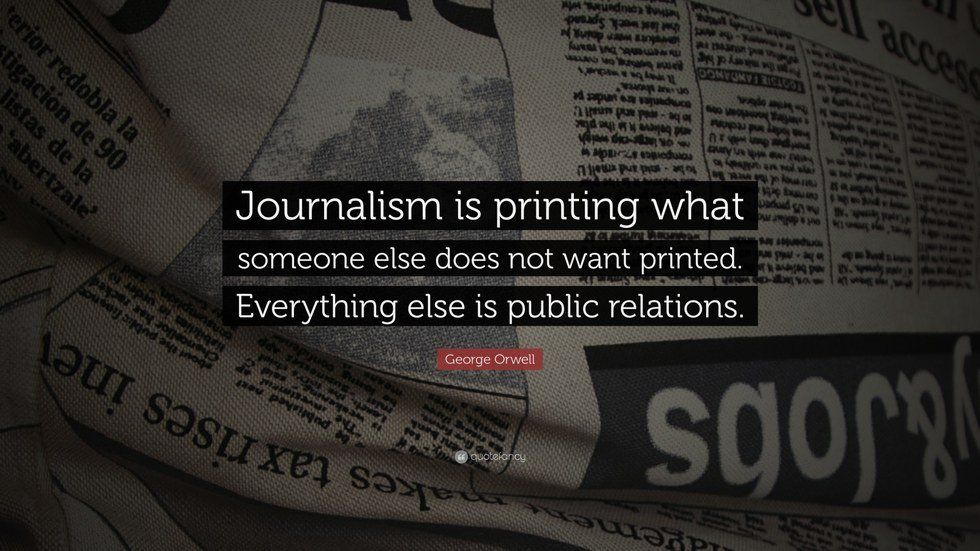His name is Anas Aremeyaw Anas. Born in Ghana in the late 1970s, he’s as much a legend as he is a myth. His career: journalism. His philosophy: name, shame and jail.
The type of journalism Anas lives and breathes is not what Americans are used to. It’s not taught in classrooms and on the rare occasion we stumble upon it, we quickly move past it. Anas has spent his life, or rather risking his life, going undercover to expose corruptness and social injustices in Africa. It’s a dangerous task, certainly not one for the faint hearted.
Anas has taken it upon himself to shed light on issues that are otherwise getting overlooked. With undercover cameras, he collects evidence about wrongdoing and uses his investigative journalism to benefit society.
A community that murdered babies with deformities. Another that chopped up Albino children for concoctions, claiming they were ‘unfit’ for society. A brutally corrupt prison system, where it’s easier to get cocaine and heroin than it is outside of prison.
Governments cannot do anything about these problems, and so many others like it, without any evidence. Anas provides them with evidence.
In a recent TED Talk, Anas boldly claimed, “Journalism is about results. It’s about effecting your community or society in the most progressive way.”
Anas has a valid point. We don’t need another journalist to cover the Super Bowl or to analyze Taylor Swift’s love life. And as clever as they are, we don’t need more “40 Things To Do When You Don’t Want To Study” articles. Entertainment will only take us, as a society, so far.
What we need now is more brave journalists. Journalists who are willing to face corruption and injustice head on and refuse to back down until the depravity is vanquished. What we need are journalists who don’t want to simply entertain, but who actually want to make a difference in this world.
It’s understandable why not many young journalists aren't chomping at the bit for this type of career. After all, it’s incredibly dangerous work. Anas lives with his face covered, as anything otherwise would mean death. But we must also remember what good stems from this line of journalism.
Remember the Panama Papers? Millions of leaked documents revealing fraud and deceit around the world. But it’s how the journalists handled those documents that is truly amazing. Investigative journalism thrives on secrecy, but for the Panama Papers, over 350 journalists representing 25 different languages came together for the largest document leak the world has ever known as well as the largest journalistic collaboration in history.
For months, these journalists shared with work with each other while hiding it from the public. Then, together, they published their work simultaneously on April 3 at 8 p.m. German time in 76 countries.
The world was shocked. Leaders fell. Companies destroyed.
That, dear readers, is journalism at its finest. It’s having an impact, it’s putting the greater good above all else. It’s making a difference. That’s journalism, and we need more journalists who believe in that.





















